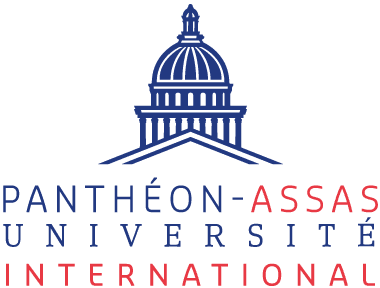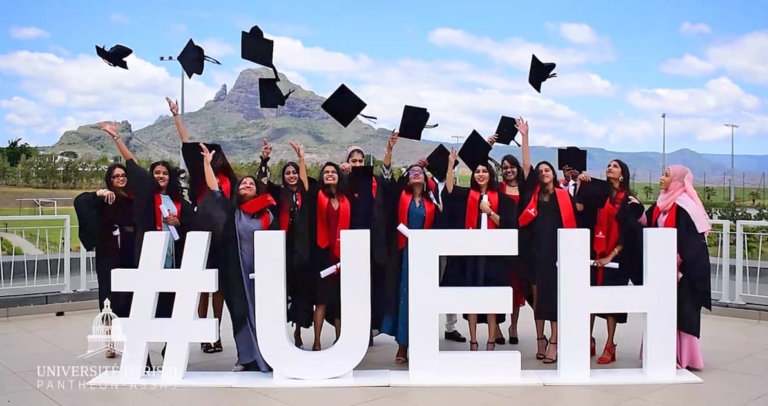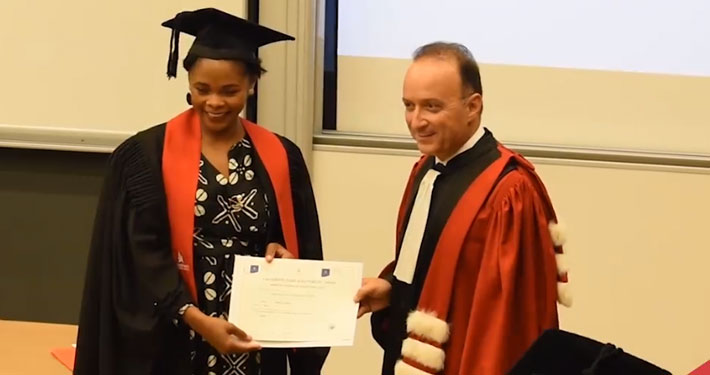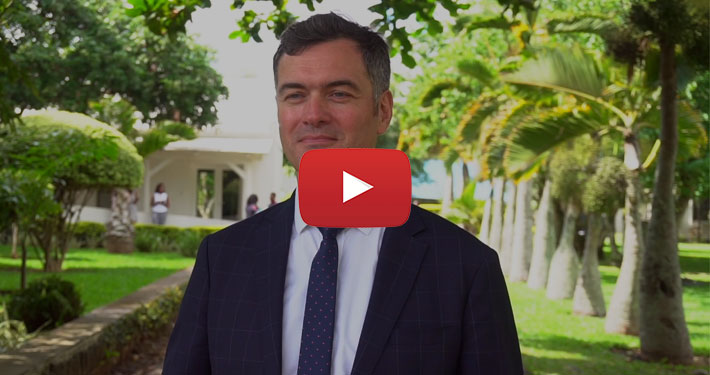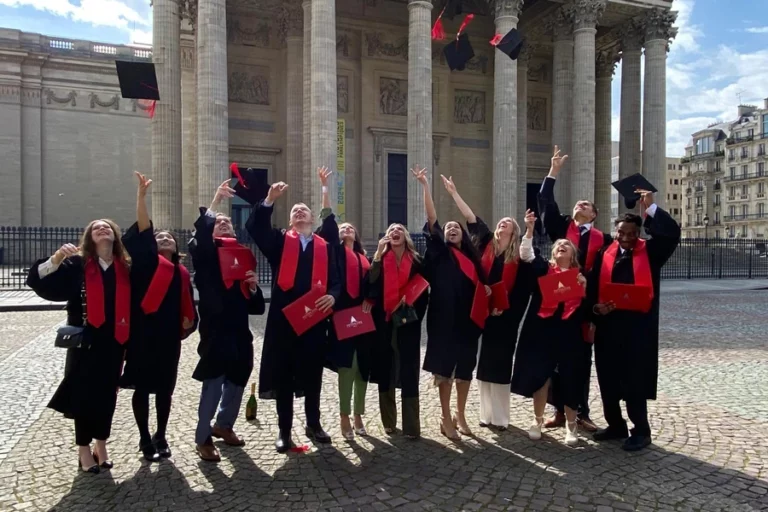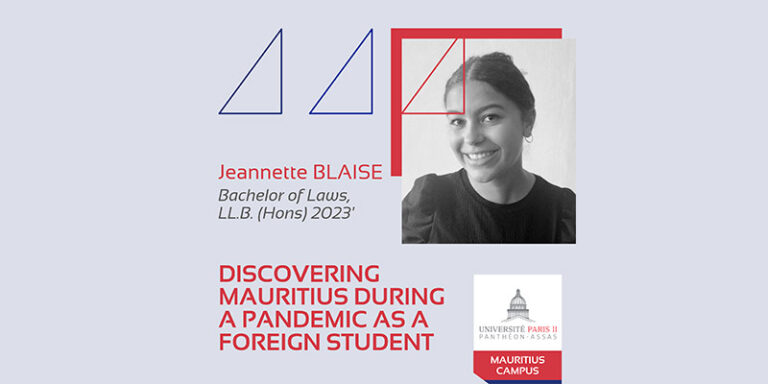Paris-Panthéon-Assas University: a unique integrative model
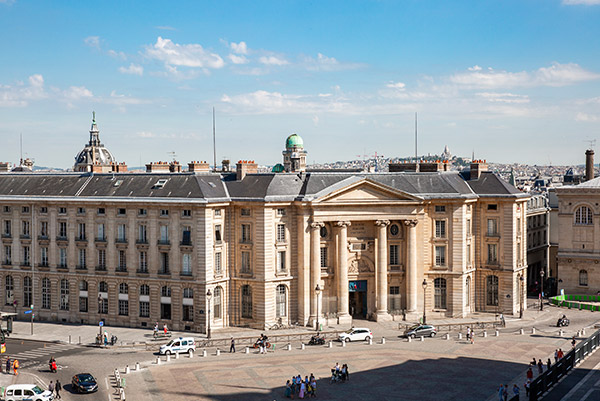
Since the 1st of January 2022, Université Paris 2 Panthéon-Assas has now become Paris-Panthéon-Assas University. This historic change is built on a unique integrative model, creating a new teaching and research center in the heart of Paris.
A historic event serving a common ambition
On the 1st of January 2022, the University of Paris II Panthéon-Assas became Paris-Panthéon-Assas University and has established itself as a new player in the academic world with a stated ambition: to accompany and support the modern world transformations as a leading higher education and research institution.
A pioneer in its approach, Paris-Panthéon-Assas University is the first in France to be based on public-private partnership. It brings together 4 major private schools recognised as being in the public interest (EESPIG), each at the forefront of their field:
- EFREI – École d’ingénieurs généraliste du numérique // Digital engineering School ;
- ISIT – Institut de management et de communication interculturels // Institute of Intercultural Management and Communication ;
- CFJ – Centre de formation des journalistes // Journalists Training Centre;
- École W – École de communication et de journalisme // School of Communication and Journalism
These new members, leaders in their field of specialisation, offer strong added value in the areas of education and research. The university\’s academic tradition is thus enriched by the diversity of experience of its constituents. Paris Panthéon-Assas University also associates
IRSEM, the strategic research institute of the École militaire (Institut de recherche stratégique de l’École militaire), as a partner.
Four pillars, one mission
Four pillars, served by a fundamental research mission, define the collective project of Paris Panthéon-Assas University, namely to:
- be part of the great public service of higher education and develop ambitious cross-disciplinary research programmes;
- offer students a broader professional perspective;
- be a major international research university;
- create an enhanced educational space.
This unique combination of public and private sectors, based on strong and complementary expertise, allows us to cover all key themes of the contemporary world, such as ethics, law and justice, digitalization as well as new economies. The university and its member institutions are thus in a position to carry out cross-disciplinary and innovative research programmes as well as implement curricula in line with the new challenges of the socio-professional world.
In addition to law, information, communication, economics, management and political science, a wide range of courses are now offered: journalism, intercultural management, digital engineering, entrepreneurship and innovation, digital marketing, artistic management, international relations and media management.
